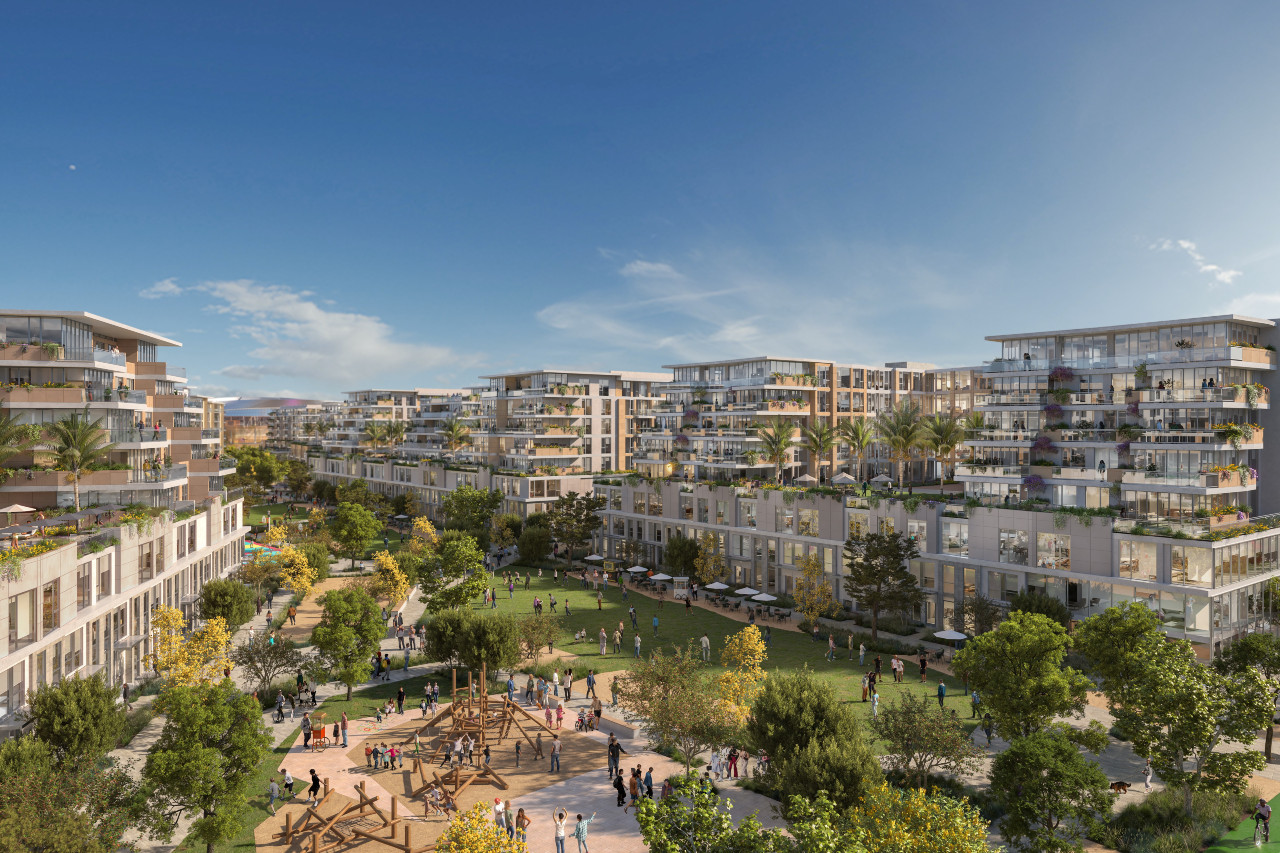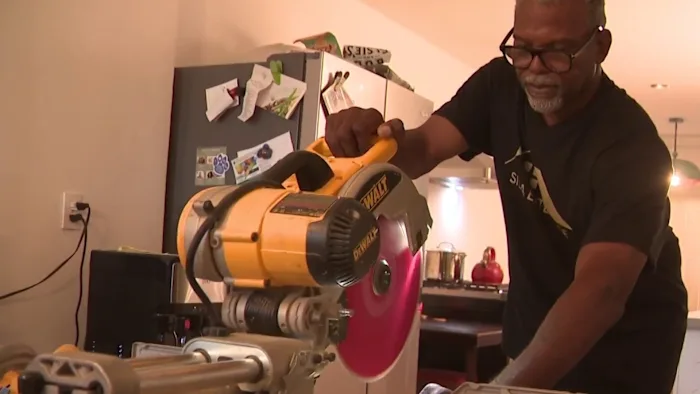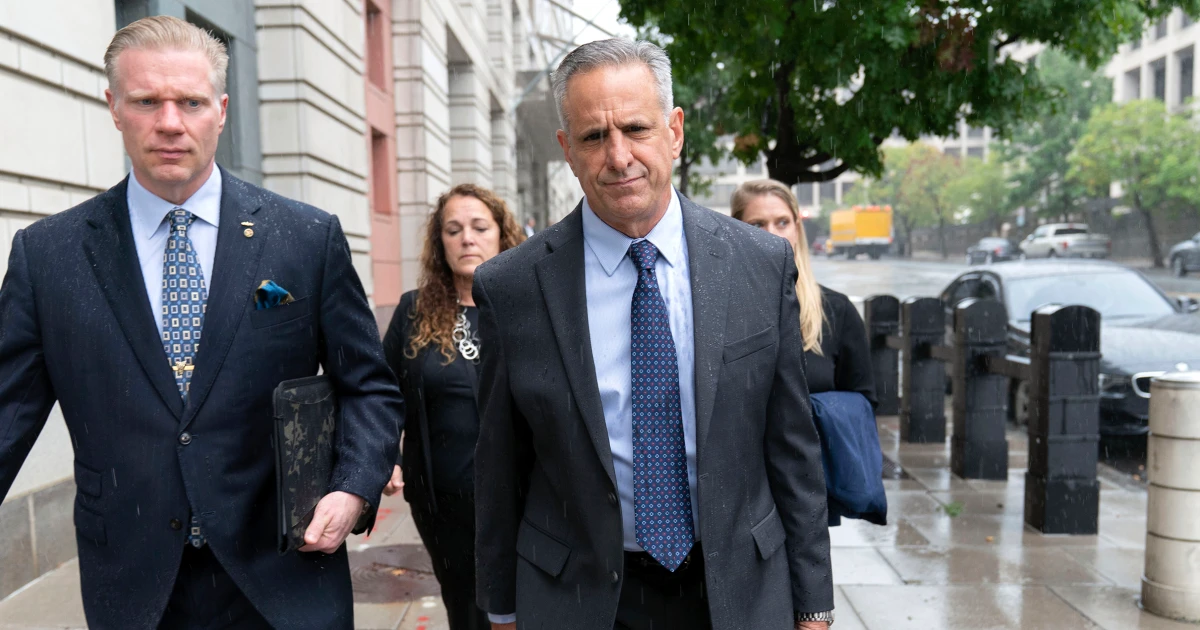By Dave Schwab • Times of San Diego
Copyright timesofsandiego

San Diego’s Planning Commission voted unanimously at a public hearing Thursday to approve redevelopment of the 49-acre Pechanga Arena site in the Midway District.
Commissioners green-lighted establishing a Midway Rising Entertainment Center District and land-use entitlements for the project at 3500 Sports Arena Blvd. The proposal aims to build over 4,000 homes – nearly half designated as affordable – along with a new modern, larger entertainment center to replace the aging Pechanga Arena, and public parks.
Commissioners opted to attach an amendment to the project requiring proposed transit improvements to be included in the first phase of redevelopment. Meanwhile, real estate negotiations between the city and the Midway Rising Team, including the lease for the city land, are nearing completion.
The Midway Rising team consists of affordable housing developer Chelsea Investment Corporation, sports venue developer and operator Legends, market-rate housing developer Zephyr and equity investor The Kroenke Group.
In introducing the redevelopment project to commissioners at the public hearing, developers noted it is “California’s largest affordable-housing project to date.”
In September 2022, the San Diego City Council selected the Midway Rising team to redevelop the Sports Arena site. Over the past three years, the city and developers have worked to fine-tune details, develop a comprehensive project plan and conduct an environmental analysis under the California Environmental Quality Act.
Midway Rising also held public workshops in each of San Diego’s nine council districts to gather input from community members.
“The economic potential of redeveloping this site is tremendous,” said city economic development director Christina Bibler. “This project will generate thousands of jobs, significantly boost local revenue and unlock the value of underutilized city-owned land. By creating such a large volume of new housing opportunities – especially affordable homes – we’re not only addressing a critical need, but also laying the foundation for long-term neighborhood economic vitality.
“Revitalizing this area, which hasn’t seen major investment since the 1960s, will create a sustainable economic engine for generations to come.”
At the hearing, Shelby Jordan II, part of the Midway Rising Team, told commissioners: “This project has had a lot of history that preceded it. A tremendous amount of milestones have taken place that really began with the Midway-Pacific Highway Community Planning Group getting together and adopting a new community plan back in 2018. What they contemplated was an update for the sports arena community village that envisioned entertainment, residential, commercial – and more importantly – park space.
“In order to move that vision forward,” he continued, “it requires us coming before you today to start that process of proposing a new entertainment center with roughly 16,000 seats, over 4,200 residential units with over 2,000 affordable units on this site with over 14 acres of parks and over 130,000 square feet of retail and commercial space.”
Local residents spoke out on the sports arena’s redevelopment.
“It took 11 years to complete our Midway-Pacific Highway community plan update,” noted Cathy Kenton, the planning group’s vice chair whose family has owned a Midway business for 60 years. “Now, with Midway Rising’s project, we are finally able to bring our community’s vision for a vibrant pedestrian- and transit-oriented landmark entertainment destination forward. Midway Rising is the much-needed catalyst for change to our decades-long stagnant neighborhood. We have seen the same strip clubs, the same industrial warehouses, the same commercial strip malls and rotating homeless encampments.”
What Midway Rising represents, she said, is “an incredible opportunity to bring the community plan to life.”
Kenton pointed out a voluntary height concession made by the development team, which she said has agreed to limiting the maximum height of residential buildings to 105 feet on the project site within its specific plan.
But not everyone testifying favored the redevelopment as currently proposed.
“This project would add about 10,000 residents,” warned Tom Mullaney, representing a volunteer group called Livable San Diego. He argued the project is undersized claiming, “You would need a minimum of 30 acres” to build it out to accommodate its anticipated number of residents.
Mullaney added: “We can see that it (sports arena redevelopment) doesn’t have enough park space – there’s no soccer or baseball fields, nothing for skateboarding. Are there tennis or pickleball courts? Did the developers anticipate they were going to have 10,000 residents, but not including any families? How about adult sports?”
With the planning commission’s approval, the plans for redeveloping Pechanga Arena will be forwarded to the city council for future action.



